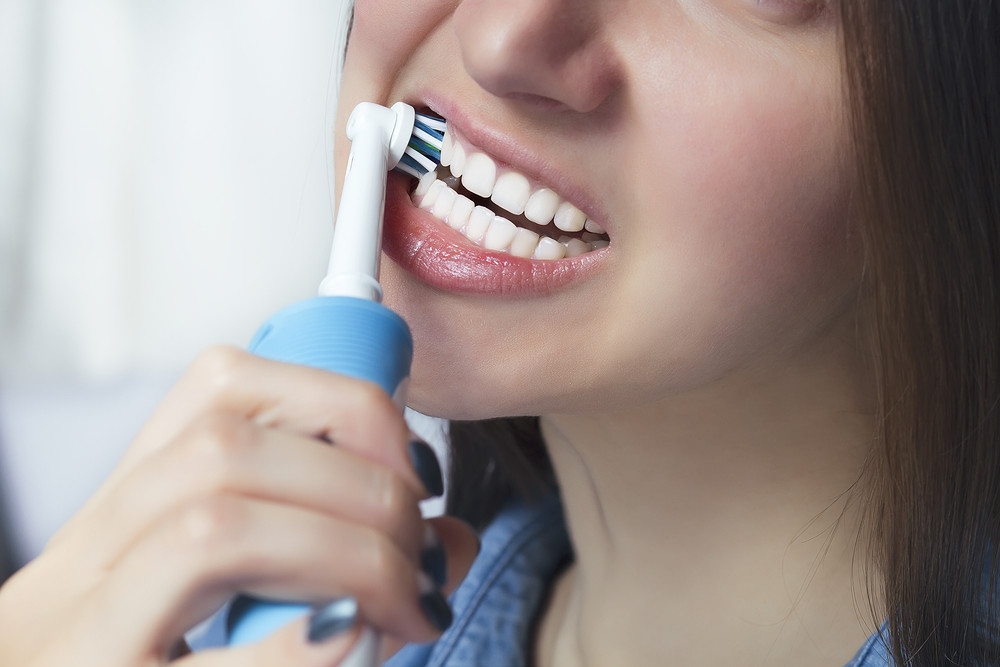We all know that we should brush our teeth at least twice a day to prevent plaque from building up on them. But do we use an electric or manual toothbrush? Which is the better of the two? The American Dental Association says both are effective, so how do we decide?
In this post, we will look at that issue.
Thinking of Going Electric?
These bristles actively remove plaque with little need of interference from you. Your main task is to hold it in the right position and move it along in a small circular pattern. As you might expect, it is more effective at plaque removal.
Do choose the bristles that oscillate, rather than those that simply vibrate for a more effective clean.
Electric is good for:
- People who are concerned that they are not cleaning enough.
- Those who have mobility issues brought on by things like arthritis or carpal tunnel syndrome.
- Those that like the idea of a built-in timer to ensure that you brush for long enough.
- People who would like to be kinder to the environment. When the bristles of these brushes splay, you replace the head, not the whole brush.
- Can it help give a clean mouth feeling faster and can improve and encourage people to brush more?
- Those with orthodontic apparatus.
- Kids as it provides a more thorough clean and fun experience.
Electric is not good for:
- Those on a tight budget. The brush and even the heads are pricier. Also, you will either need to charge it using electricity or a battery. This adds to the cost.
- Getting replacement heads is not always that easy.
- Not all studies found that they removed more plaque. A lot of their effectiveness is tied to your brushing technique.
- A chargeable option might not work for people needing to travel a lot because different plugs, etc. are used in different countries.
- The movement takes some getting used to.
Thinking of Staying Manual?
With the manual toothbrush, you have to do all the work. Used correctly, they will still remove their fair share of plaque and can be as effective as an electric version.
The manual is good for:
- Those with a more limited budget.
- Who battle to find more specialized items.
- Those who are travelling.
- People who have trouble accessing electricity.
The manual is not good for:
- Those looking for an easy brushing solution.
- People are not sure that they are brushing for the correct length of time.
- Those that have a tendency to brush very hard in an effort to get a cleaner effect.
- The environment. The whole thing must be replaced when a new brush is needed.
Conclusion
Which option is better? That is going to depend on your circumstances. If you have easy access to electricity and can afford to pay a bit more, the electric option might be appealing. If your budget is more limited, you can do an equally good job with a manual toothbrush.
Which option makes more sense for you right now?
Contact our dentist in Grande Prairie if you have additional questions about your oral health.

